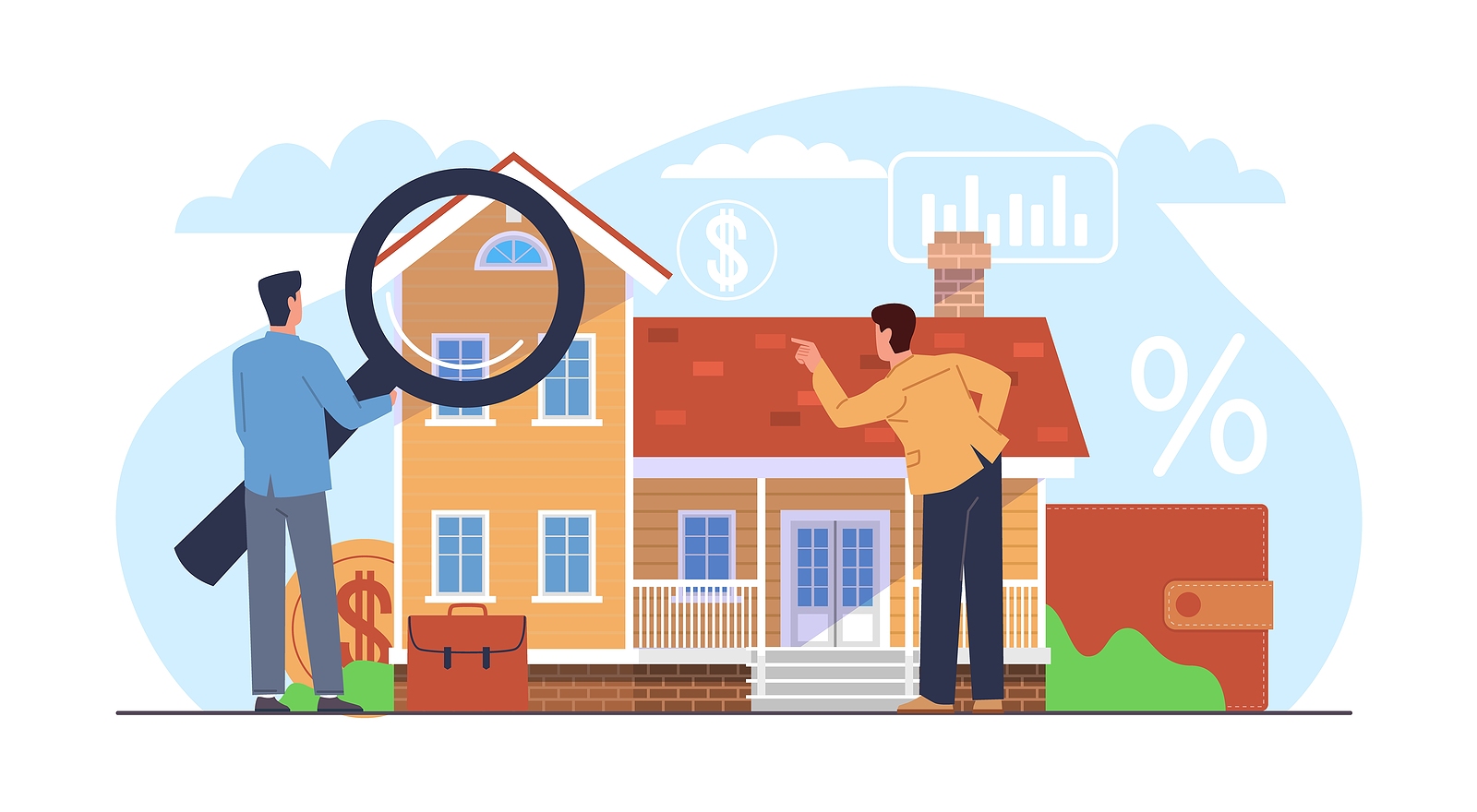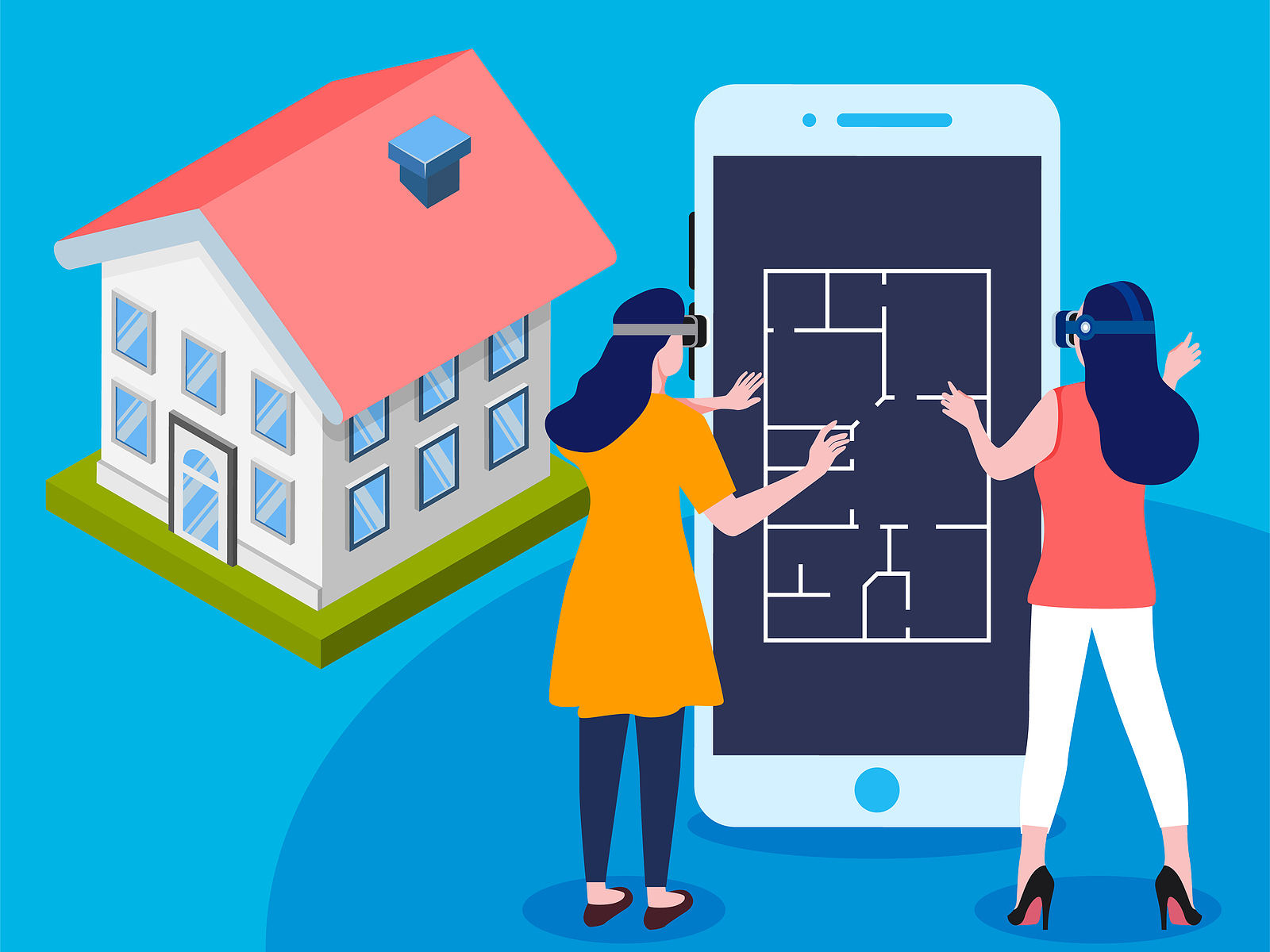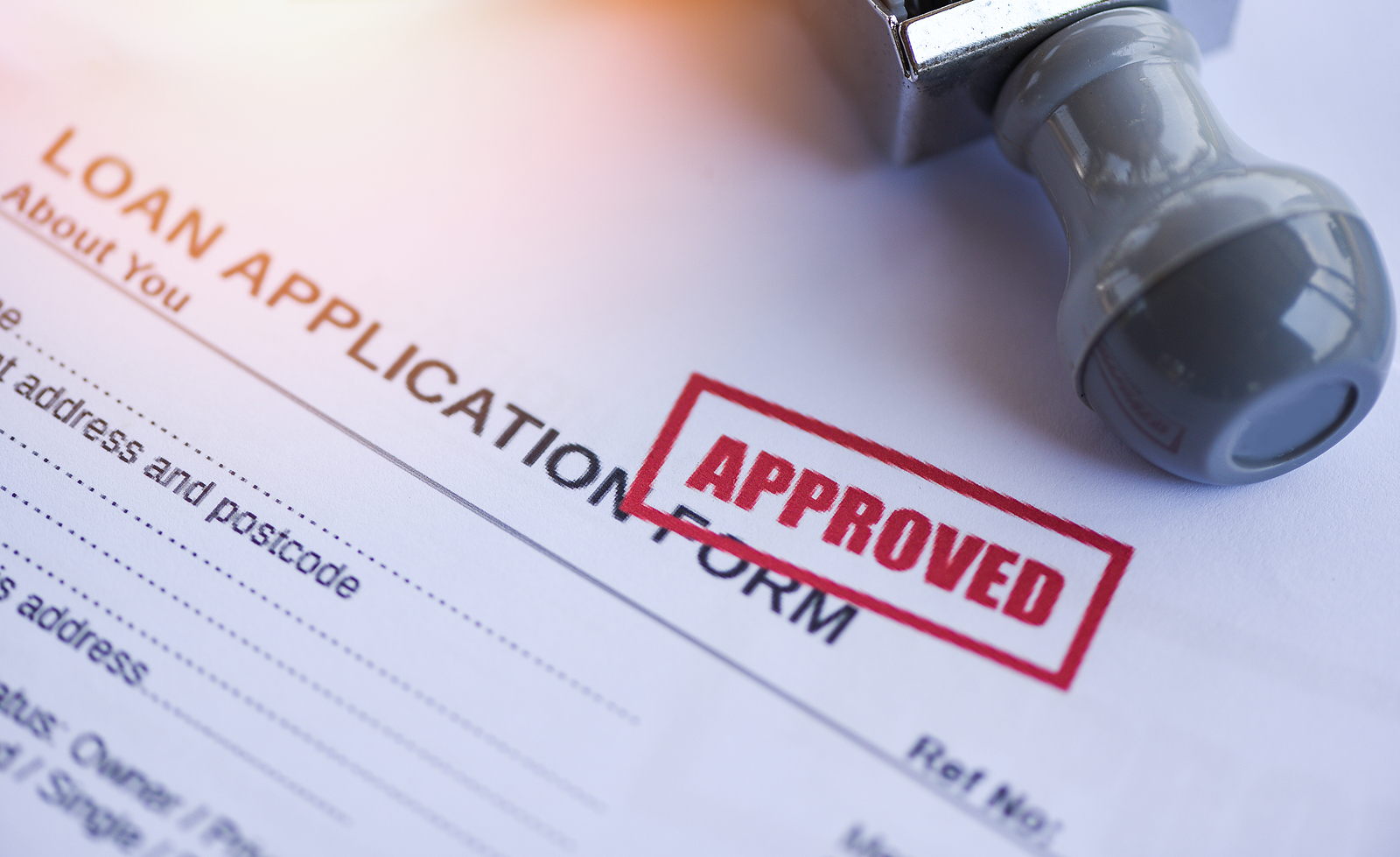Buying a home is one of the most significant investments you’ll ever make. It can be an exciting yet daunting journey, especially for first-time buyers. Understanding each step of the home-buying process can help make the experience smoother and more enjoyable. Here’s a friendly, step-by-step guide to help you navigate the path to homeownership.
Get Your Finances in Order
Before you start house hunting, you must get your finances in order. Check your credit score and review your credit report for any errors. A higher credit score can help you secure a better mortgage rate. Begin saving for a down payment; while 20% is the standard, some loans allow for lower down payments. It’s also a good idea to set aside funds for closing costs and other expenses that might come up during the buying process.

Determine Your Budget
Knowing how much you can afford is crucial. Use an online mortgage calculator to get an idea of your monthly payments based on different home prices and interest rates. Consider your current expenses and future financial goals to ensure you’re comfortable with your budget. It’s better to be conservative with your estimates to avoid stretching your finances too thin.
Get Pre-Approved for a Mortgage
Getting pre-approved for a mortgage gives you a clear idea of how much a lender is willing to loan you and shows sellers that you’re a serious buyer. During pre-approval, a lender will evaluate your credit, income, and debt. Once pre-approved, you’ll receive a pre-approval letter, which can give you an edge in competitive markets.

Find a Real Estate Agent
A knowledgeable real estate agent can be your best ally in the home buying process. They have access to listings, market insights, and negotiation skills that can help you find the right home and get the best deal. Look for an agent with experience in your desired area and a good track record. Personal recommendations and online reviews can also be helpful in your search.
Start House Hunting
Now comes the fun part: house hunting! Create a list of must-haves and nice-to-haves for your new home. Consider factors such as location, size, layout, and amenities. Visit open houses and schedule private showings to get a feel for different properties. Take your time and be patient; finding the perfect home can take a while.
Make an Offer
Once you’ve found a home you love, it’s time to make an offer. Your real estate agent will help you determine a fair price based on comparable homes in the area and the property’s condition. They’ll also help you draft an offer letter, which may include contingencies such as a home inspection or financing approval. Be prepared for some negotiation with the seller until you reach an agreement.
Get a Home Inspection
A home inspection is a crucial step in the home buying process. It provides an opportunity to identify any potential issues with the property before finalizing the purchase. Hire a licensed home inspector to thoroughly examine the home’s structure, systems, and components. If the inspection reveals significant problems, you can negotiate repairs with the seller or reconsider your offer.

Finalize Your Mortgage
With a signed purchase agreement in hand, it’s time to finalize your mortgage. Your lender will arrange for an appraisal to confirm the home’s value. You’ll also need to provide documentation to support your loan application, such as bank statements, tax returns, and proof of employment. Once everything is in order, you’ll receive a loan commitment letter.
Close the Deal
The final step in the home buying process is closing the deal. During the closing, you’ll sign all necessary documents, pay your down payment and closing costs, and finalize your mortgage. Your real estate agent and lender will guide you through the paperwork. Once everything is signed and the funds are transferred, you’ll receive the keys to your new home. Congratulations, you’re now a homeowner!
Move In and Enjoy
Now that you’ve successfully navigated the home-buying process, it’s time to move in and make your new house a home. Unpack, decorate, and settle into your new space. Enjoy the satisfaction and pride of homeownership, and start creating memories in your new home.
Buying a home can be complex, but understanding each step can make the process less overwhelming. With the right preparation, guidance, and patience, you’ll find the perfect home to call your own.










